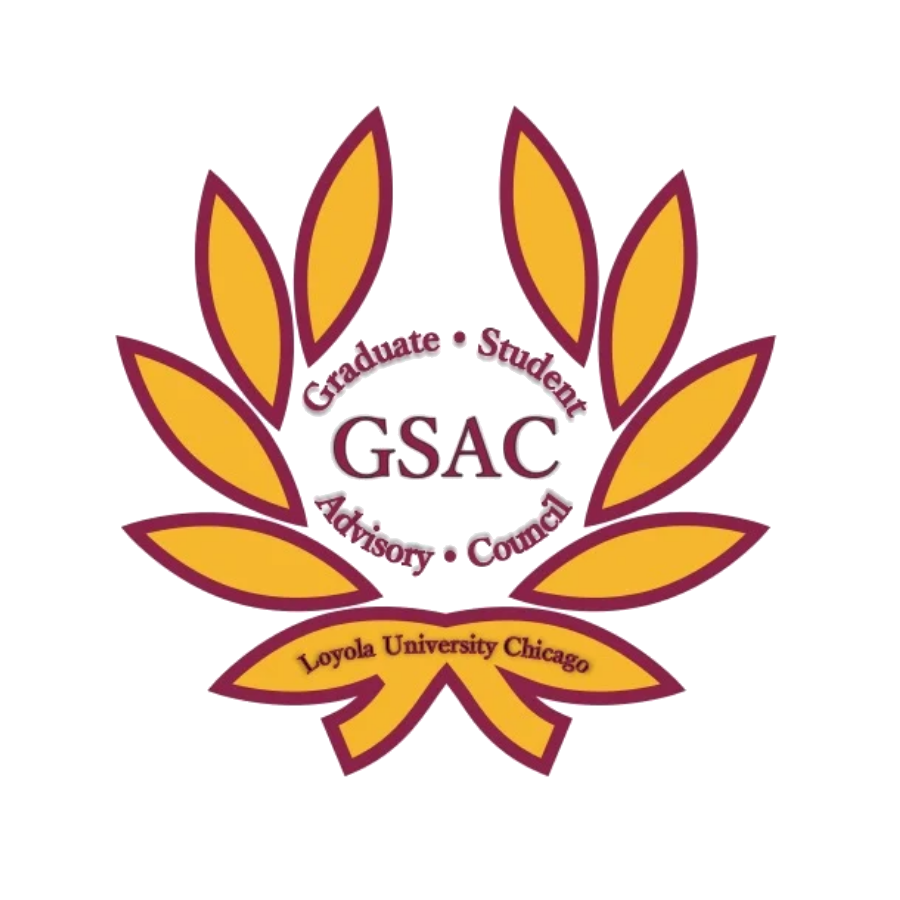Loading...
Submission Type
Oral/Paper Presentation
Degree Type
PhD
Discipline
Social Sciences
Department
Education
Access Type
Open Access
Abstract or Description
The primary purpose of this research study is to examine how Black queer men (BQM) make meaning of their intersecting identities in men of color mentorship programs in higher education. The design methods, grounded in phenomenology and arts-based research, will include: (1) semi-structured interviews; (2) podcast style focus group; (3) art curation project and (4) data analysis using interpretive phenomenology analysis. This study will use phenomenology and arts-based research to explore how BQM share their narratives within the current higher education landscape. In using this methodological approach, this study investigates the following research questions: (1) How do BQM make meaning of their intersecting identities in men of color mentorship programs in higher education? (2) How do BQM define "masculinity" and "queerness" during their involvement in men of color mentorship programs in higher education? (3) How do BQM negotiate their intersecting identities during their involvement in men of color mentorship programs in higher education?
Creative Commons License

This work is licensed under a Creative Commons Attribution-Noncommercial-No Derivative Works 3.0 License.
From the outside looking in: Black gay, bisexual, and queer men's experiences in men of color mentorship program in higher education
The primary purpose of this research study is to examine how Black queer men (BQM) make meaning of their intersecting identities in men of color mentorship programs in higher education. The design methods, grounded in phenomenology and arts-based research, will include: (1) semi-structured interviews; (2) podcast style focus group; (3) art curation project and (4) data analysis using interpretive phenomenology analysis. This study will use phenomenology and arts-based research to explore how BQM share their narratives within the current higher education landscape. In using this methodological approach, this study investigates the following research questions: (1) How do BQM make meaning of their intersecting identities in men of color mentorship programs in higher education? (2) How do BQM define "masculinity" and "queerness" during their involvement in men of color mentorship programs in higher education? (3) How do BQM negotiate their intersecting identities during their involvement in men of color mentorship programs in higher education?



